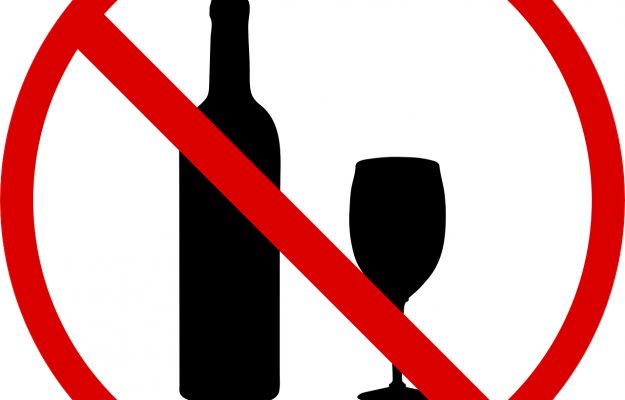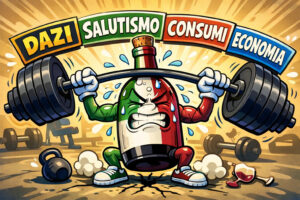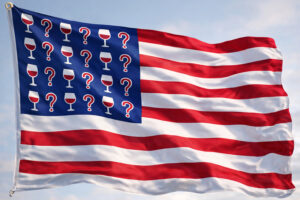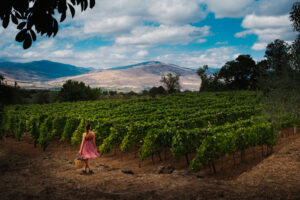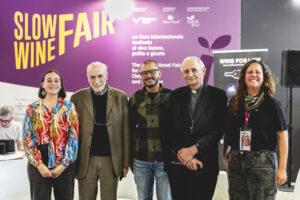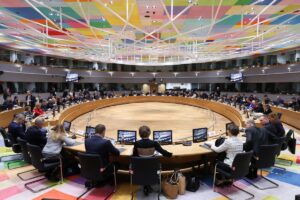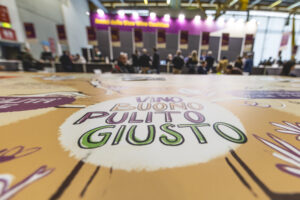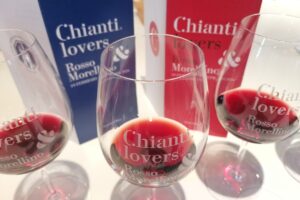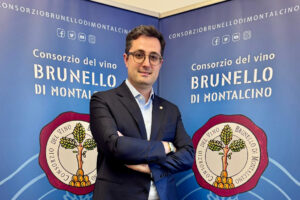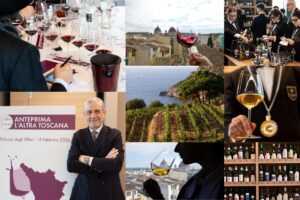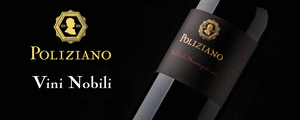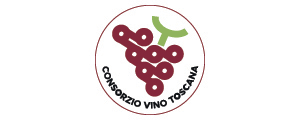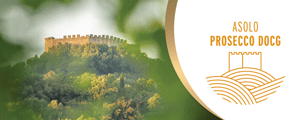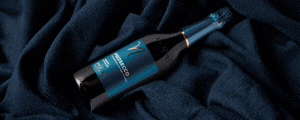“There is no safe level of alcohol consumption”. A few words, but potentially very heavy, those contained in the report on the Beating Cancer Plan approved by the European Parliament, and which will now pass to the Assembly in the coming weeks. These words call into question the consumption, and not just the abuse, of alcoholic beverages, and potentially open the way to a whole series of restrictions and stricter rules on the communication and promotion of wine as well, proposing new taxes and warnings on labels as on cigarettes to discourage consumption. Even before today’s vote, the UIV (Unione Italiana Vini) had already communicated more than one concern and doubt about the validity of this thesis, according to which “Europe has a duty to propose policies aimed at minimizing the risks related to the disease, but in our opinion, it is not by censoring consumption, in every kind and degree, that the problem will be solved. It is necessary to take into account the specific nature of wine, which in Italy, and not only in Italy”, said Secretary General Paolo Castelletti, “is synonymous with moderation: according to Eurostat, we are among the main consumers on the Continent and at the same time last in Europe, after Cyprus, for episodes of “heavy” alcohol consumption. We cannot, therefore, accept that, in the report, there is not the slightest mention of the word wine and a culture of responsible consumption that is the antithesis of binge-drinking”.
At European level, the wine sector”, added Sandro Sartor, leader of “Wine in Moderation” and vice-president of the Unione Italiana Vini (UIV), “has been strongly committed for some time now, also thanks to the Wine in Moderation association, to promoting moderate consumption during meals as part of a healthy lifestyle. I would point out that in Italy alone, over the last 35 years, per capita wine consumption has fallen by almost 50% and there is no scientific evidence that moderate consumption as part of the Mediterranean diet is harmful”. While the Ceev - Comité Européen des Entreprises Vins had appealed to science as a guide for European decisions, stressing how the thesis that “there is no safe level of alcohol consumption is based on a single study, the Global Burden of Diseases (Gbd) study, published by “The Lancet” in 2018, which has been harshly criticized by the scientific community for its flaws in analysis”. And now comes Federvini’s position that, “judging positively the commitment of the EU institutions on the fight against cancer, together with the preparation of a European action plan in this regard, reiterates the importance of all policies in this area being based on scientific evidence, avoiding shortcuts and ideological simplifications of a prohibitionist nature”.
Federvini also “considers serious the statement contained in the report voted today by the Beca Commission (led by the Polish Bartosz Arłukowicz, https://www.europarl.europa.eu/committees/en/beca/home/members), according to which there is no safe level of alcohol consumption, as the scientific data supporting this statement are isolated, weak and contested even by many exponents of the same scientific community The World Health Organisation itself, in its strategic document on the fight against alcohol, reconsidering its initial positions, has made a clear distinction between moderate and harmful consumption of alcoholic beverages”.
“By introducing a reference to the absence of a safe level of consumption of alcoholic beverages”, explained Vittorio Cino, Federvini’s managing director, “the European Parliament Commission has even taken a step backward compared to the European Commission’s European Beating Cancer Plan, which instead envisaged a clear difference between moderate consumption and abuse. Today, however, the vote risks legitimizing a position aimed at demonizing almost three millennia of history, culture and tradition of the Italian drinking culture. Culture, which for us means conviviality and sociability as part of the Mediterranean Diet”.
The document approved by the European Parliament includes recommendations ranging from the introduction of health warnings on labels, to a general increase in excise duties and taxes on alcoholic products, to limits on promotion and advertising, particularly at sporting events.
There is, therefore, a risk, already feared by Federvini together with its European reference associations - Comité Vins and Spirits Europe - that radical ideological positions will result in decisions which, far from effectively combating abuse, will affect a fundamental Italian agri-food production chain, as well as the vast majority of consumers who relate correctly and responsibly to the world of wines, aperitifs, bitters, liqueurs and spirits.
“We appeal to the Italian political forces in the European Parliament”, says Micaela Pallini, president of Federvini, “so that at least the most radical aspects of this document can be passed during the passage through the Plenary Assembly, scheduled for the first weeks of the new year. This is just the latest in a series of attempts to introduce penalizing and discriminatory measures against our products: this is why we invite the government to open a permanent round table between the Ministry of Agriculture, the Ministry of Health and the Ministry of Foreign Affairs to define an Italian position of balance and moderation in view of the forthcoming international events. From Nutriscore to sugar, from red meat to cheese and alcoholic products, many product categories and an entire Italian consumption model and lifestyle are under attack. We also ask that the entire government, beyond the competent ministries, starting with Prime Minister Mario Draghi, include this dossier among the priorities on the institutional agenda for the coming months”.
“Even if we are not yet in front of concrete legislative proposals - adds the coordinator of the wine sector of Alleanza Cooperative Agroalimentari, Luca Rigotti, who underlines the arguments shared by the whole sector - today’s vote by the Special Committee Beca of the European Parliament on the European Commission Report on the Fight against Cancer represents an element of great concern for the wine sector and for the producing countries. While we share the objectives of the plan to combat cancer, we believe it is appropriate to underline how the current approach is marked by a substantial lack of balance, which is necessary to protect not only the health of consumers, but also a fundamental Made in Italy supply chain that employs over 1 million people”.
Coldiretti reacted harshly: “It is completely improper to assimilate the abuse of spirits typical of the Nordic countries to the moderate and conscious consumption of quality products with lower alcohol content such as beer and wine, which in Italy has become the emblem of a 'slow' lifestyle, attentive to the psycho-physical balance that helps to feel good about oneself, to be contrasted with the unregulated consumption of alcohol”, says President Ettore Prandini, stressing that the report of the European Parliament “unfairly affects the wine made in Italy, which has become the leader in Europe for production and exports with a record turnover of 12 billion in 2021”. The report not only proposes tax increases but, Coldiretti underlines, pushes for the introduction of health warnings on the labels of alcoholic beverages as on cigarette packets. A decision that would discourage consumption by almost one Italian in four (23%) who would stop drinking or consume less, according to the online survey on the website www.coldiretti.it. However, what worries us most are the effects on exports, which exceed domestic consumption, for a value destined to exceed 7 billion euros for the first time, according to Coldiretti projections.
On the institutional front, Gian Marco Centinaio, Undersecretary for Agricultural Policies (with responsibility for wine), commented: “Saying that there is no “safe” level of consumption, with all the actions that should follow at Community level, as well as a simplistic and misleading approach, would result in considerable damage to our Made in Italy. In Italy, wine is not just a drink, it is much more: it is culture, it is the story of the territories, it is part of a centuries-old tradition as well as a component of the Mediterranean Diet, a healthy and balanced diet that is also an intangible heritage of humanity”, Centinaio said. He added: “It is not a question of not caring about public health or not worrying about reducing the risk of diseases such as cancer. I would like to reflect on the fact that Italy is among the countries in the world with the longest population. In the last 35 years, per capita consumption in our country has been reduced by 50%, thanks also to appropriate policies. We drink less, but we drink better. A moderate and responsible consumption characterized by high quality, which is also recognized on the international markets as the latest export data testify. For Italy, wine means economy: we are the world’s leading producer and the sector employs 1.3 million people. Wine cannot be criminalized. Meat used to be the enemy, now it's alcohol. Many factors affect health, and a healthy lifestyle should be promoted because the poison is not in this or that food, but in the dose. Just as we opposed the proposal for alcohol-free wine, we will fight against the hypothesis of tax increases or the introduction of alarmist messages on labels, as happens with smoking. We are defending our Made in Italy, the excellence of our agri-foodstuffs and the Mediterranean Diet, of which wine is a part”.
Copyright © 2000/2026
Contatti: info@winenews.it
Seguici anche su Twitter: @WineNewsIt
Seguici anche su Facebook: @winenewsit
Questo articolo è tratto dall'archivio di WineNews - Tutti i diritti riservati - Copyright © 2000/2026










